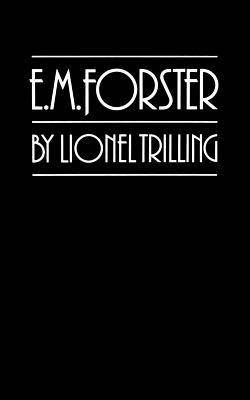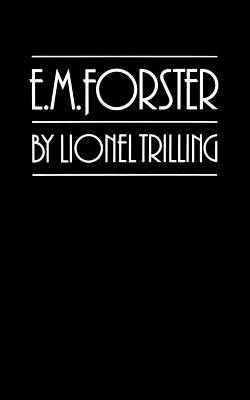
- Afhalen na 1 uur in een winkel met voorraad
- Gratis thuislevering in België vanaf € 30
- Ruim aanbod met 7 miljoen producten
- Afhalen na 1 uur in een winkel met voorraad
- Gratis thuislevering in België vanaf € 30
- Ruim aanbod met 7 miljoen producten
Zoeken
Omschrijving
"The modern novel in its most cogent and permanent form"--this has been the achievement of E. M. Forster; his masterpiece, A Passage to India, belongs with perhaps three or four other works in English at the pinnacle of literary craftsmanship in this century. Yet for many years Forster's genius was virtually unrecognized in America. Not until 1943, when Lionel Trilling's authoritative and discerning study was first published, did Forster find his way to a broad American audience. In this 1964 revision of the first paperbook edition, Mr. Trilling added a preface and brought the bibliography up to date. His book performs two services: it is a critical-biographical introduction to the master novelist and his works; it is in itself a primary document in the development of, contemporary American criticism. Here is criticism functioning at its best, deftly, surely, wittily, within a framework of the ideas which are basic to literary thought today.
Specificaties
Betrokkenen
- Auteur(s):
- Uitgeverij:
Inhoud
- Aantal bladzijden:
- 208
- Taal:
- Engels
- Reeks:
- Reeksnummer:
- nr. 189
Eigenschappen
- Productcode (EAN):
- 9780811202107
- Verschijningsdatum:
- 17/01/1971
- Uitvoering:
- Paperback
- Formaat:
- Trade paperback (VS)
- Afmetingen:
- 132 mm x 200 mm
- Gewicht:
- 217 g

Alleen bij Standaard Boekhandel
+ 53 punten op je klantenkaart van Standaard Boekhandel
Beoordelingen
We publiceren alleen reviews die voldoen aan de voorwaarden voor reviews. Bekijk onze voorwaarden voor reviews.








